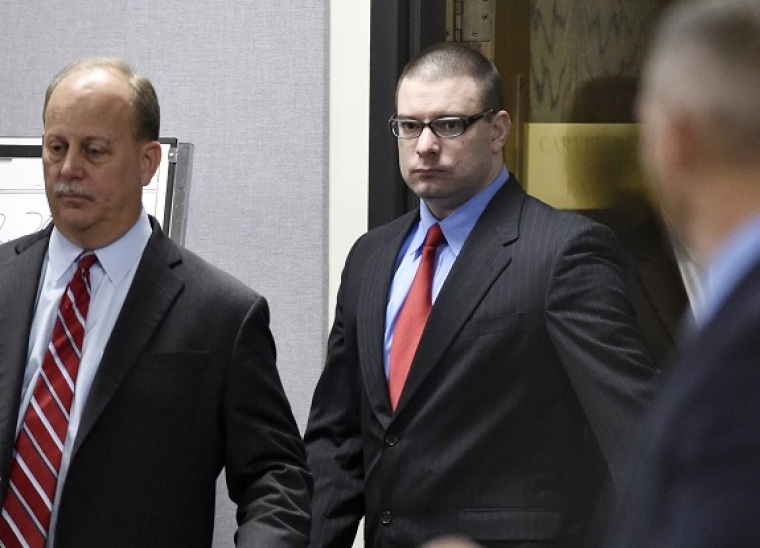'American Sniper' killer sentenced to life

STEPHENVILLE, Texas (Christian Examiner) -- An Erath County, Texas, jury took fewer than two hours to convict former Marine Eddie Ray Routh of capital murder in the deaths of Chris Kyle, whose military exploits were immortalized in the movie American Sniper, and Kyle's friend Chad Littlefield.
Routh's mother reached out to Kyle to get help for her son who was having trouble transitioning to civilian life after serving in Iraq. Kyle and Littlefield took Routh to a shooting range as a means of relating with him, and while there he pulled a semiautomatic handgun and shot the two men before fleeing in Kyle's pickup truck.
Texas Gov. Greg Abbott tweeted "JUSTICE!" in response to the verdict, a feeling shared by Littlefield's mother, Judy, who told reporters her family had waited two years "to get justice on behalf of our son."
Routh pled guilty of killing the two men at a gun range in 2013, but his attorneys sought to convince the jury their client was delusional at the time and suffering from post-traumatic stress disorder and not able to understand his actions.
But the legal insanity defense did not sway the jury which only had to decide if he "intentionally and willingly" killed the pair. Under Texas law, a person suffering from a mental illness can be found guilty if he or she understood what they did was wrong.
In a group interview with ABC News, six jurors explained their collective belief that Routh's pattern of behavior showed he used the trauma of his military service as an excuse to explain bad decisions and wrong actions.
"He would get intoxicated, get in trouble, and then the police would show up and he would say, 'I'm a veteran, I have PTSD, I'm insane," Kristina Yager told ABC's George Stephanapolis. "Every time something bad happened he pulled that card."
Prosecutors argued alcohol and marijuana abuse, not a mental disorder, were the causes of any episodes Routh suffers.
The 10 women and two men were tasked with deciding whether Routh was guilty, not guilty or not guilty by reason of insanity. They deliberated for about two hours after the nine-day trial before announcing their verdict.
Prosecutors did not seek the death penalty, but chose instead to pursue life imprisonment without the possibility of parole for Routh.